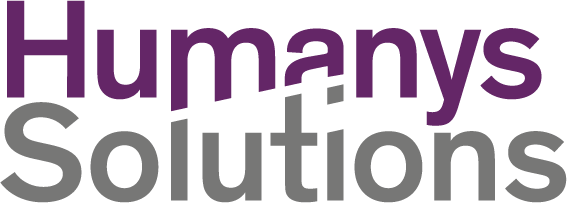April is Stress Awareness Month. It’s a valuable opportunity to pause for a moment and reflect on a word we use all the time, often without really paying attention to it: stress.
Recently, while getting ready for school, my 7-year-old daughter told me she was ‘stressed.’
When I asked her why, she replied, very seriously, ‘I’m afraid I’ll forget something.’ This remark struck me: at 7 years old, she was already talking about stress as if it were a normal state of being. This shows how common this word has become, to the point where it has lost its meaning.
This trivialisation is problematic in two ways: on the one hand, it prevents us from recognising the real signals our bodies are sending us, and on the other, it weakens our emotional vocabulary. We say we are stressed when we are sometimes anxious, frustrated, overwhelmed, angry or simply excited. The word stress ends up encompassing everything… and saying nothing at all. How often do we hear ‘no stress’ in response to a favour we agree to do? For example: ‘Can you send me that file?’ — “Sure” — ‘No stress.’ This expression has become a catch-all phrase, almost automatic, sometimes even replacing a simple ‘thank you.’ And after hearing it so often, we almost end up wondering if we shouldn’t be stressed after all…
Stress is expensive (and not just emotionally)
Chronic stress is serious. In Switzerland, 33% of professionals have suffered from burnout during their working lives. What’s more, stress at work costs the Swiss economy £19.6 billion a year. These figures, taken from the Mind Health Report – Switzerland 2024 (AXA study), give pause for thought.
And what about work in all this?
Work can be a source of fulfilment: it gives meaning, shapes identity and boosts self-esteem. But it can also become a breeding ground for exhaustion. The dreaded burnout lurks when pressure becomes constant, expectations are unclear or the environment is stressful. And suddenly, the job you loved becomes a source of mental, emotional and physical fatigue.
What exactly is stress?
Here are some signs to watch out for:
- Nervousness, irritability, persistent anxiety.
- Difficulty concentrating, frequent forgetfulness.
- Sleep disorders, recurring physical pain.
- Changes in eating habits or increased consumption of substances to ‘keep going’.
In short, if you tick several boxes, it’s time to ask yourself some questions.
Learning to live with stress (instead of fighting it)
Let’s be realistic: completely eliminating stress from our lives is about as credible as trying to go a whole day without notifications. It’s part of our daily lives, and sometimes it even stimulates us. The challenge is not to eliminate it, but to learn to recognise it, understand it and manage it with greater discernment. This can be achieved through simple and accessible strategies:
- Take regular breaks to breathe, walk and disconnect.
- Prioritise and dare to say ‘no’ when necessary.
- Break big problems down into smaller, manageable tasks.
- Accept that it’s OK to ask for help (no one will judge you, we promise).
- Praise yourself for the small steps you take every day.
Mental health is a collective responsibility
When one member of the team is not doing well, the whole group feels the effects: overload, tension, loss of bearings. Mental health is therefore not just an individual issue. It also affects how we work together, listen and cooperate.
So, this April, let’s stop saying we’re just “stressed” for two minutes and start really taking care of ourselves, shall we?
Emilie Del Do
Stress and burnout management expert



